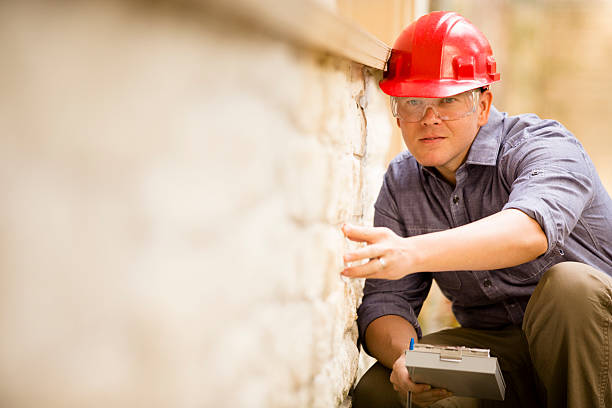Finding the right home inspector is crucial when you’re in the process of buying a home. A good home inspection can help you identify potential issues and make informed decisions. Here are some tips to help you find the right home inspector:
- Research and Referrals:
- Ask your real estate agent, friends, and family for recommendations. Real estate professionals often have experience working with various inspectors and can provide valuable insights.
- Check Qualifications:
- Ensure that the inspector is licensed and certified in your Province. Different Provinces have varying requirements for home inspectors, so verify their qualifications accordingly.
- Experience Matters:
- Look for inspectors with several years of experience. Experienced inspectors are more likely to have a deep understanding of construction, codes, and common issues in homes.
- Professional Associations:
- Many reputable inspectors are members of professional organizations. These organizations often have strict standards for membership.
- Sample Reports:
- Ask for sample inspection reports to get a sense of how detailed and informative their reports are. A well-structured report will help you understand the findings and potential issues.
- Reviews and Testimonials:
- Check online reviews and testimonials to learn about the experiences of previous clients. However, be cautious about relying solely on reviews, as they can be manipulated or biased.
- Insurance and Liability:
- Confirm that the inspector has liability insurance. This can protect you in case they miss any significant issues during the inspection.
- Interview Multiple Inspectors:
- Don’t settle for the first inspector you come across. Interview several candidates, ask them about their process, what they look for, and how long the inspection will take.
- Ask for References:
- Request a list of references and contact previous clients to ask about their experiences with the inspector. It’s a good way to gauge the inspector’s reputation.
- Cost vs. Quality:
- Don’t make your decision solely based on the cost of the inspection. While price matters, the quality of the inspection and the inspector’s experience should be your primary considerations.
- Attention to Detail:
- During your interviews, pay attention to the inspector’s attention to detail and willingness to answer your questions. A thorough inspector should be patient and knowledgeable.
- Follow-Up Questions:
- Ask how the inspector handles follow-up questions or issues. Will they be available for clarification or additional questions after the inspection is completed?
- Report Delivery Time:
- Inquire about the expected turnaround time for the inspection report. Timely delivery is essential when making decisions about the purchase.
- Attend the Inspection:
- Whenever possible, attend the inspection. This allows you to ask questions and get a firsthand look at any issues the inspector identifies.
- Environmental Concerns:
- If you’re concerned about specific environmental issues, such as radon, lead, asbestos, or mold, make sure the inspector is qualified and equipped to test for these problems.
- Check for Conflicts of Interest:
- Ensure that the inspector has no financial interest in the sale of the property. This can help avoid any potential conflicts of interest.
Remember that a thorough home inspection is a valuable investment when buying a home. It can help you make an informed decision and potentially save you from costly surprises down the road.

 Facebook
Facebook
 X
X
 Pinterest
Pinterest
 Copy Link
Copy Link

